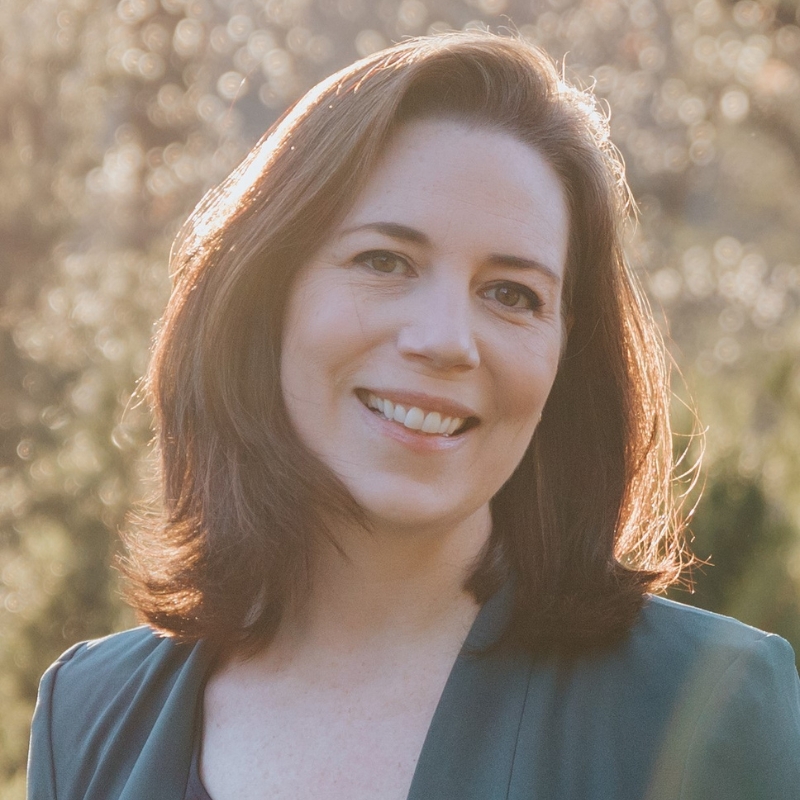Ecclesiastes’ claim that there is nothing new under the sun requires a significant caveat.
There may be nothing new under the sun, but the sheer magnitude of some events can break our understanding of the world. So massive are some ruptures that they force us to reexamine the way we have structured our theologies and our societies.
So it was with the Holocaust. Any single act that contributed to the horror of the Holocaust already existed within the framework of human experience. The world has known cruelty and hate, dictators and war. Yet the cumulative magnitude of the acts woven together rendered our understanding of the world insufficient. There may have been nothing new under the sun even within the events that together comprised the Holocaust. But we did not possess a sufficient spiritual toolkit to continue existing as we had before and take them all in. New revelation, new Torah was needed to restore a global outlook that did not succumb to nihilism.
Rabbi Irving “Yitz” Greenberg boldly put forth the new ground rule that “no statement, theological or otherwise, should be made that would not be credible in the presence of burning children.” Emil Fackenheim actually revised the canon of Jewish law with a 614th commandment not to give Hitler a posthumous victory.
Find more commentaries on Yom HaShoah.
So enormous was the Holocaust that it was not only Jews who required new Torah. The rest of the world did too. The affirmation of human rights and dignity had long existed. Yet what the Holocaust laid bare was that without global accountability, human rights were meaningless. As Hannah Arendt wrote in “The Origins of Totalitarianism,” “We are not born equal; we become equal as members of a group on the strength of our decision to guarantee ourselves mutually equal rights.” Her declaration is not so much a rejection of the notion that we are born b’tzelem Elohim, in the image of God, but rather a sober acceptance of the fact that the God-given status exists only within the framework of human enforcement.
Arendt declared the most fundamental of human rights – “the right to have rights” – an understanding that those who are attacked by their state, or whose state lacks the ability to protect them, lack any real ability to claim their most fundamental rights.
The 1951 Refugee Convention arose as an answer to these failures of global accountability in affirming human rights during the Holocaust. It created the definition of the term refugee and outlined their rights and the international standards of treatment for their protection. It established the right to apply for asylum and have cases heard while remaining safe.
New torah for the world emerged because of what happened to Jews in the Holocaust. Yet distance from that moment of revelation has obscured the moral clarity it brought.
Find more commentaries on Migrants and Refugees.
As the current global crisis of forcible displacement has far surpassed the record once held in the wake of World War II, governments once at the forefront of supporting human rights have begun to walk back the commitment. The façade of an asylum system still exists within the U.S. Yet the ever-increasing restrictions, caveats, and bureaucratic hoops have rendered actual access to a fair asylum process largely out of reach, especially for those who need it most.
At our borders, what our government sees — and teaches us to see — is not a humanitarian need to be met, but chaos to be controlled: chaos chosen through narrowing legal pathways to the country, chaos chosen through underfunding immigration courts buckling under the weight of the backup, chaos chosen through investment in walls and detention centers rather than coordinated services that enable the successful integration of asylum seekers into the country and the workforce. We see chaos because chaos is the point. Politicians across the political spectrum are falling over each other to out-strongman their opponents. Sadly, similar dynamics are playing out with varying details across the globe.
It is a global apathy we have seen before. And here, Ecclesiastes deserves credit for his insight that there is nothing new under the sun. But in this current crisis of global forcible displacement, we can no longer claim ignorance about the fate of those who flee and are refused safety. That is Torah that we have learned at great cost as a global community. So as we remember all who perished in the Holocaust this Yom Hashoah, let us hold the Torah painfully acquired in its wake. Let us heed Hannah Arendt’s warning that the right to have rights depends on our collective willingness to uphold those rights.
May the memory of all victims of the Shoah be a blessing and continue to guide us today.
Rabbi Sarah Bassin serves as the director of clergy and congregations for HIAS where she helps connect synagogues and their spiritual leaders to the work of aiding and advocating for refugees and asylum seekers.

